THE SHADOWS OF CHAIN
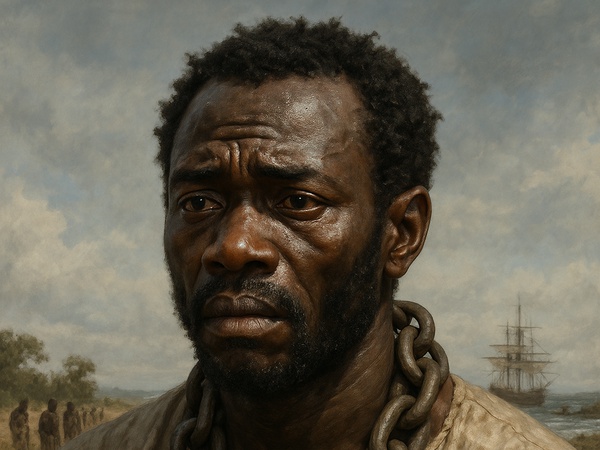
<p>Imagine being torn from your family, marched hundreds of miles in chains, and packed into the belly of a ship like cargo. The stench of fear, sweat, and blood filling the air. The year could be 1750—or it could be now, as we trace the long shadow of African slavery and its enduring impact on Black people across the world.</p><p><br></p><p><br></p><p>The Transatlantic Slave Trade wasn't just a dark chapter in history—it was a systemic erasure of humanity, identity, and culture that still affects millions today. Let’s revisit this painful story and see how its echoes still shape lives in the diaspora.</p><p><br></p><p><br></p><p><strong>The Roots: Slavery in Africa</strong></p><p><br></p><p>Slavery existed in Africa long before Europeans arrived, but it was dramatically different. Often, it was a result of war or debt, and enslaved people could marry, own property, or eventually gain freedom.</p><p><br></p><p><br></p><p><br></p><p>But everything changed with the Transatlantic Slave Trade. Between the 15th and 19th centuries, over 12 million Africans were captured, sold by local rulers or raiders, and shipped primarily to the Americas and the Caribbean.</p><p><br></p><p><br></p><p><br></p><p>In what is now Ghana, the Cape Coast Castle still stands. Beneath its grand whitewashed walls are dungeon chambers, where men and women were held for weeks in darkness, without food or sanitation, before being forced onto slave ships. A single tiny hole let in air and sunlight. Visitors today describe the crushing energy—the walls seem to cry with the ghosts of the past.</p><p><br></p><p><br></p><p><br></p><p><strong>Diaspora Trauma: Disconnection and Displacement</strong></p><p><br></p><p>Once abroad, Africans were stripped of their names, languages, religions, and histories. They were forced to work on plantations in the U.S., Brazil, Haiti, and elsewhere. Generations of families were born into slavery, never knowing their true heritage.</p><p><br></p><p><br></p><p><br></p><p>In America, the descendants of slaves—like the Gullah people of South Carolina—preserved pieces of African culture, language, and food. Yet, many still don’t know exactly where their ancestors came from, because slave records often reduced people to numbers or vague labels like “Negro, age 16.”</p><p><br></p><p><br></p><p><br></p><p>This disconnect has led many Black people abroad to ask, “Who am I, really?” It’s a wound that still aches.</p><p><br></p><p><br></p><p><br></p><p>Slavery ended, but the systems it created didn’t. Black people in America, the Caribbean, and Europe often started life generations behind in wealth, education, and land ownership due to centuries of exploitation.</p><p><br></p><p>In the U.S., formerly enslaved people were freed in 1865. But they were given nothing—no land, no compensation. Meanwhile, white former slave owners received payments for their ‘lost property.’ This injustice laid the foundation for systemic racism, poverty, and over-policing of Black communities that continues today.</p><p><br></p><p> <strong>Identity Crisis and Cultural Erasure</strong></p><p><br></p><p><br></p><p>Slavery shattered cultural memory. Africans abroad often grew up without understanding their roots, their languages, or their ancestral values.</p><p><br></p><p><br></p><p>Consider Maya, a Jamaican-born woman in the UK. Growing up, she was told she was “British,” but was always treated as other. When she visited Ghana in her 30s, she said:</p><p><br></p><p>"It was the first time someone looked at me and said, 'Welcome home.'"</p><p><br></p><p><br></p><p><br></p><p>That trip changed her life—but also highlighted what had been lost. Language. Traditions. A true sense of belonging.</p><p><br></p><p><br></p><p>In 2019, Ghana launched the “Year of Return”, inviting the African diaspora to visit and reconnect. Thousands of African Americans visited. Some cried at the Door of No Return, the last point where slaves were shipped out. But many also found healing—choosing to invest in Ghana, buy land, or even stay permanently.</p><p><br></p><p><br></p><p><br></p><p><br></p>
Other insights from Bu Kun
Referral Earning
Points-to-Coupons
Insights for you.




 114
114




















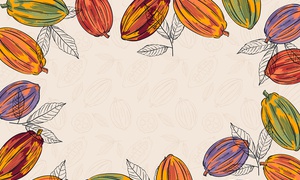









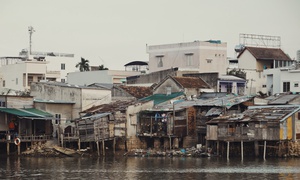

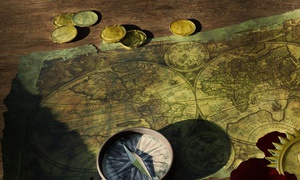








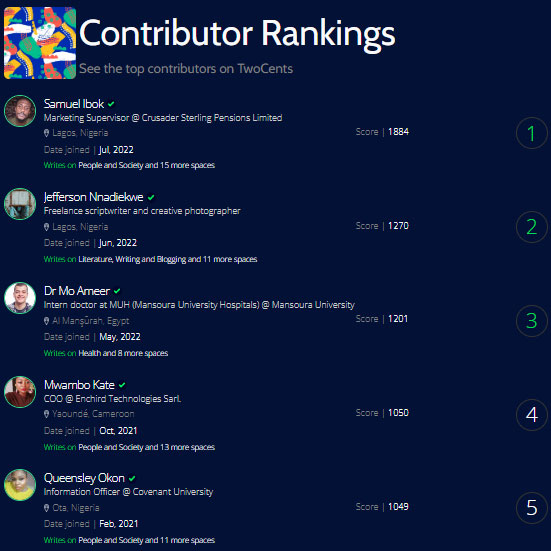





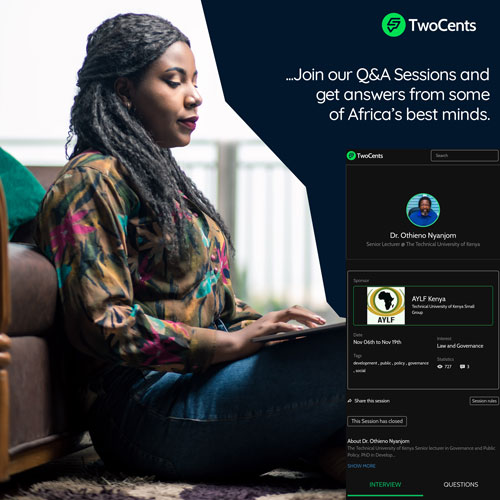
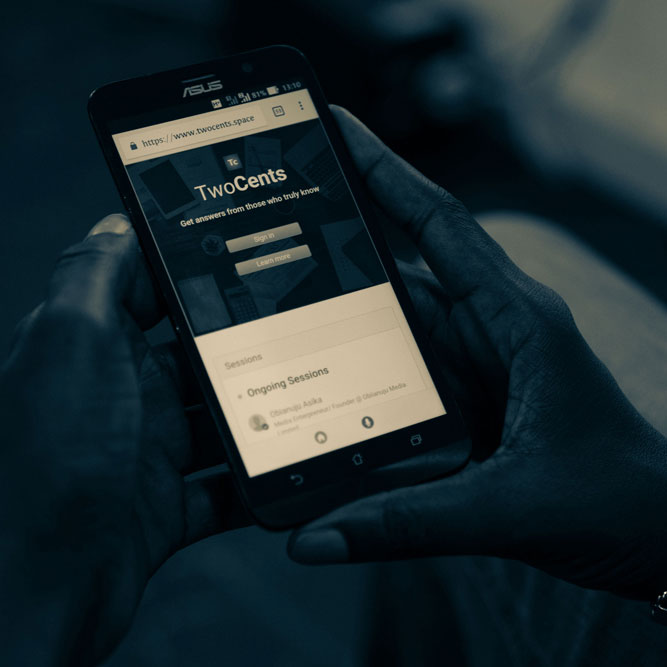














Comments